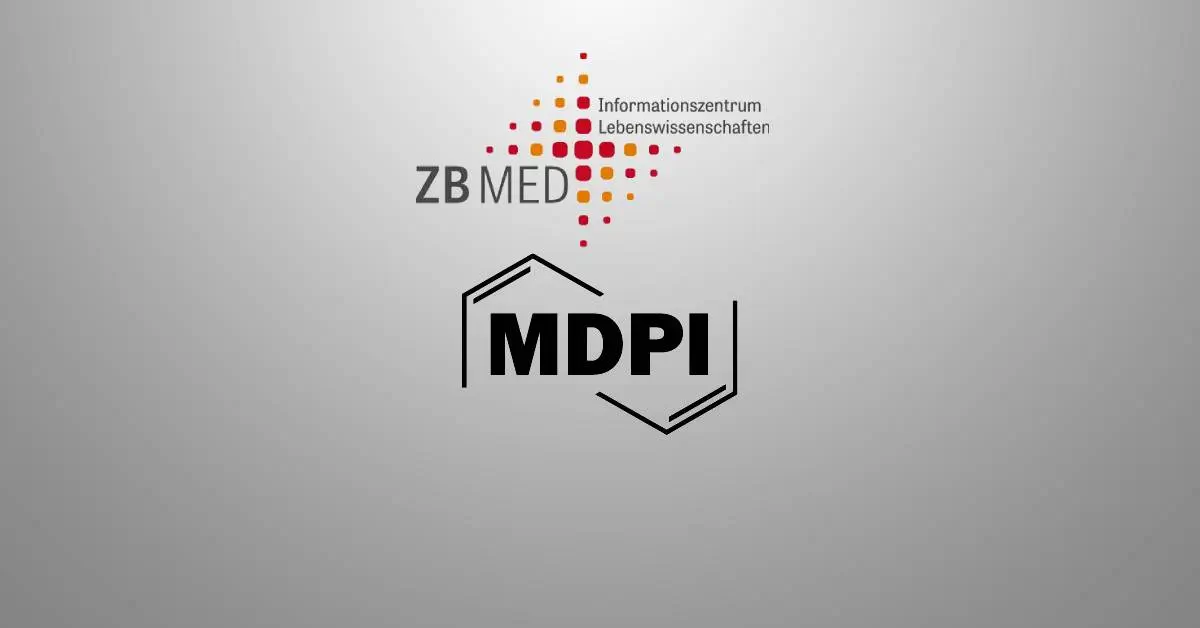Germany’s recent national publishing agreement with MDPI, enabling discounted open-access publishing for over 100 German institutions, has drawn criticism from academics and researchers globally. Critics, including Anna Abalkina from the Free University of Berlin, have labeled the deal “highly problematic” due to alleged questionable practices by MDPI, such as peer-review mills, proliferation of special issues, and concerns about editorial integrity.
The agreement, signed by ZB MED (Germany’s National Library of Medicine), offers authors up to 30% discounts on article processing charges, typically around SFr1,600 (£1,435). Abalkina argued the deal incentivizes scholars to publish in journals accused of prioritizing quantity over quality, particularly through special issues where editorial standards may be harder to verify.
This agreement follows recent actions by Finland, Norway, and Switzerland to downgrade or disapprove of MDPI journals. Concerns about citation cartels, inflated journal metrics, and rapid publication processes have also been raised, with critics suggesting these practices compromise scholarly integrity.
MDPI defended the deal, highlighting its contributions to open-access publishing and collaboration with European consortia. Meanwhile, ZB MED stated its decision was based on comprehensive analyses, including journal indexing, rejection rates, and existing partnerships. Despite the controversy, German institutions paid MDPI approximately €1.5 million in article processing charges in 2023, reflecting the publisher’s significant role in Germany’s open-access landscape.
The agreement has reignited debates about balancing open-access expansion with maintaining rigorous publishing standards.

